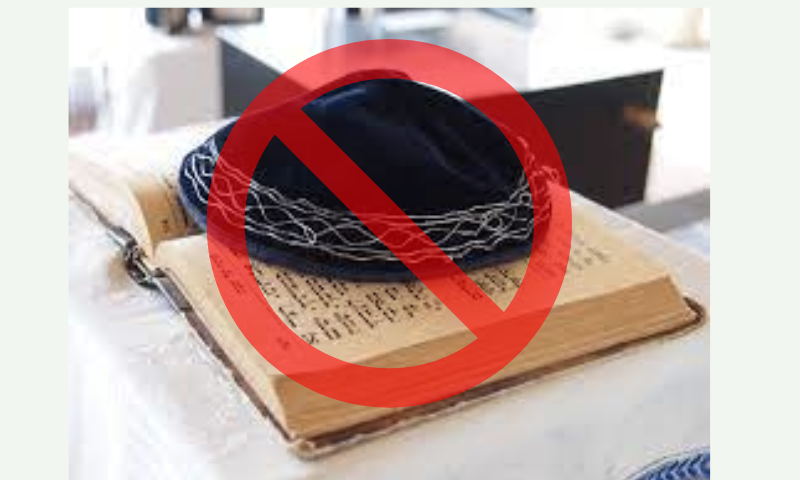Don Feder
Washington Times, Dec. 10, 2022
“The two sides seem remarkably similar to those in the Hanukkah story. In the culture war, one side believes in an evolving moral code shaped by convenience and popular opinion. The other subscribes to a code that’s both universal and eternal.”
Hanukkah may be the most misunderstood Jewish holiday. Considered a minor celebration of a victory that took place over 2,300 years ago, it has important implications for the culture war that rocks America today.
Hanukkah is, in part, about a war of national liberation. The Syrian Greeks (a remnant of Alexander the Great’s empire) occupied the land of Israel in the second century BCE.
They believed the Jews were primitive people obsessed with their idea of one universal God, while the Greek pantheon (with gods who had human attributes) could be related to more easily. Worse, the God of Israel had a moral code the Greeks found frankly obnoxious.
Greek civilization had philosophy, art, music and literature. The Jews were seen as a backward lot with their flocks and fields — the ancient equivalent of flyover country.
The occupiers tried to civilize the conquered by outlawing the practice of Judaism (including circumcision and Torah study — which they found really threatening). They set up idols in the Temple and built gymnasiums where young men practiced in the nude, an assault on modesty. Violating their edicts was punishable by death. … source


